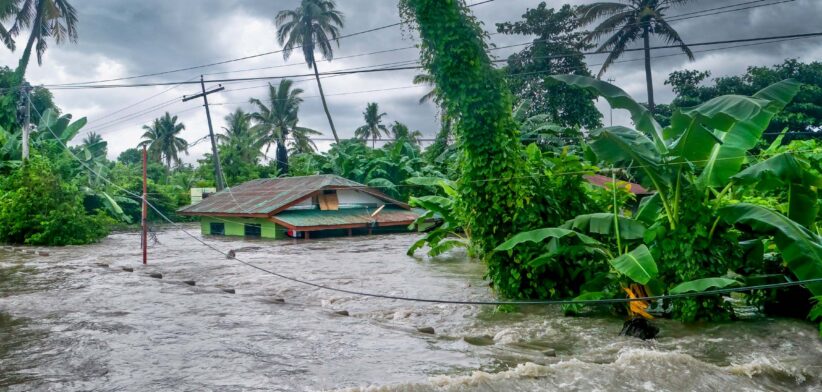The number of times people were displaced by floods or drought in the world’s most natural disaster-prone countries approached eight million last year, the annual figure more than doubling in a decade.
Oxfam research, released to coincide with World Refugee Day today (June 20), said Somalia, China, Philippines, Pakistan, Kenya, Ethiopia, India, Brazil, Bangladesh, and Malaysia topped the list of countries that suffered the largest displacement of people from floods and droughts in 2023.
Oxfam Water Insecurity and Climate Policy Coordinator Nuzhat Nueary said in those countries, the number of times people were displaced from their homes soared from 3.5 million in 2013 to 7.9 million in 2023.
Ms Nueary said in five of those countries, levels of severe hunger had nearly tripled over the same period.
She said climate change had increased the intensity and frequency of floods and droughts with data collated by Oxfam, showing flood and drought disasters in those 10 worst-hit countries had skyrocketed from 24 in 2013, to 656 last year.
“Somalia alone was hit by 223 different flood or drought events in 2023 against just two in 2013. The Philippines was hit 74 times (compared to just three in 2013), Brazil 79 times compared to four, and Malaysia 127 times compared to just once in 2013,” she said.
Ms Nueary said Oxfam had calculated that in Bangladesh, Ethiopia, Kenya, Pakistan, and Somalia – which were among the least prepared to cope with the impact of climate change – the number of people suffering acute hunger had risen from 14 million in 2013 to over 55 million in 2023.
“Climate injustice is rife. From the scores dying from scorching heat in Bangladesh to the thousands forced to flee floods in Pakistan, it is the most vulnerable people – and those least responsible for the climate crisis – who are bearing the brunt, while rich polluting nations continue to do too little too late to help them,” Ms Nueary said.
She said in Somalia, continuous temperature rise (1.5°C, up from 1°C in 1991) had resulted in more frequent and prolonged droughts, often followed by flash floods and cyclones.
“Despite accounting for less than 0.03 percent of global carbon emissions, the country has suffered billions worth of losses due to recurring floods and droughts.
“Recovering from the last December floods alone was estimated at $230 million.”








